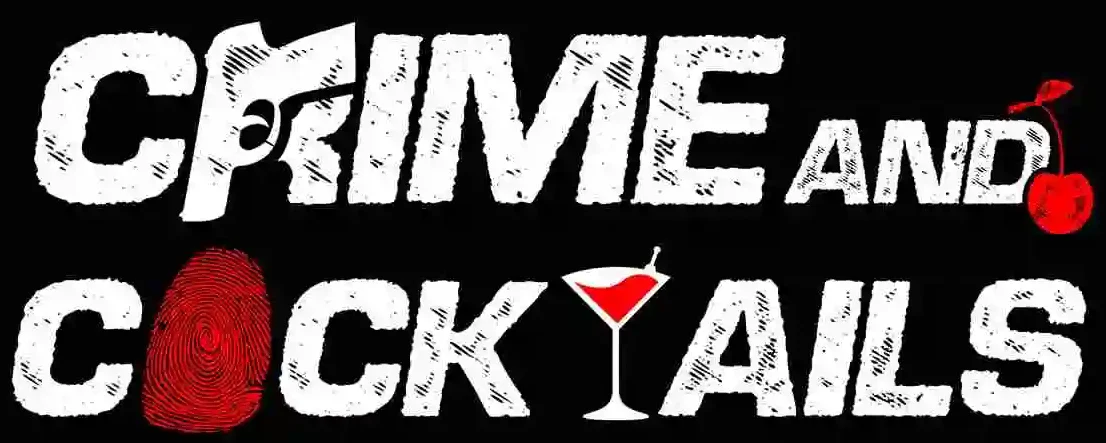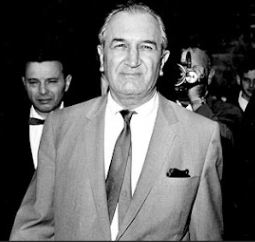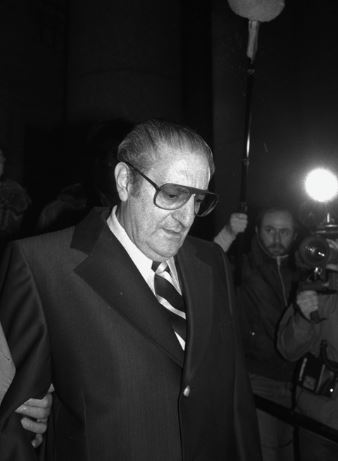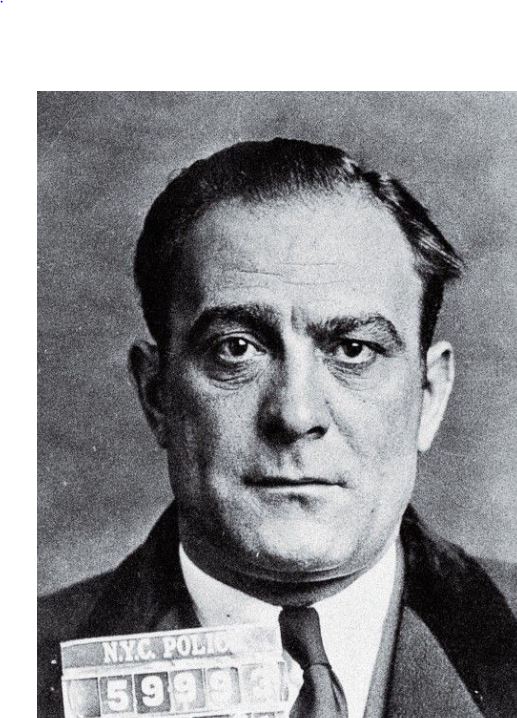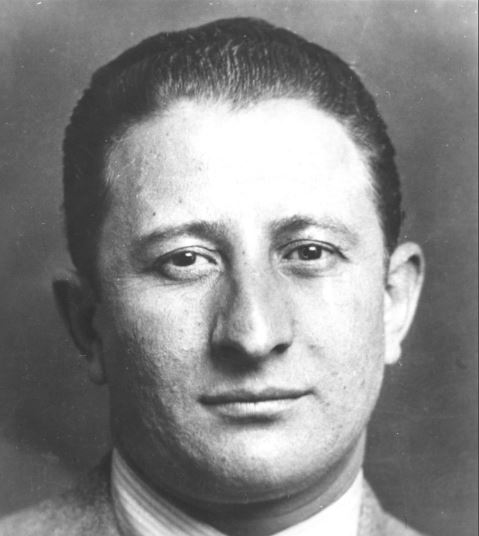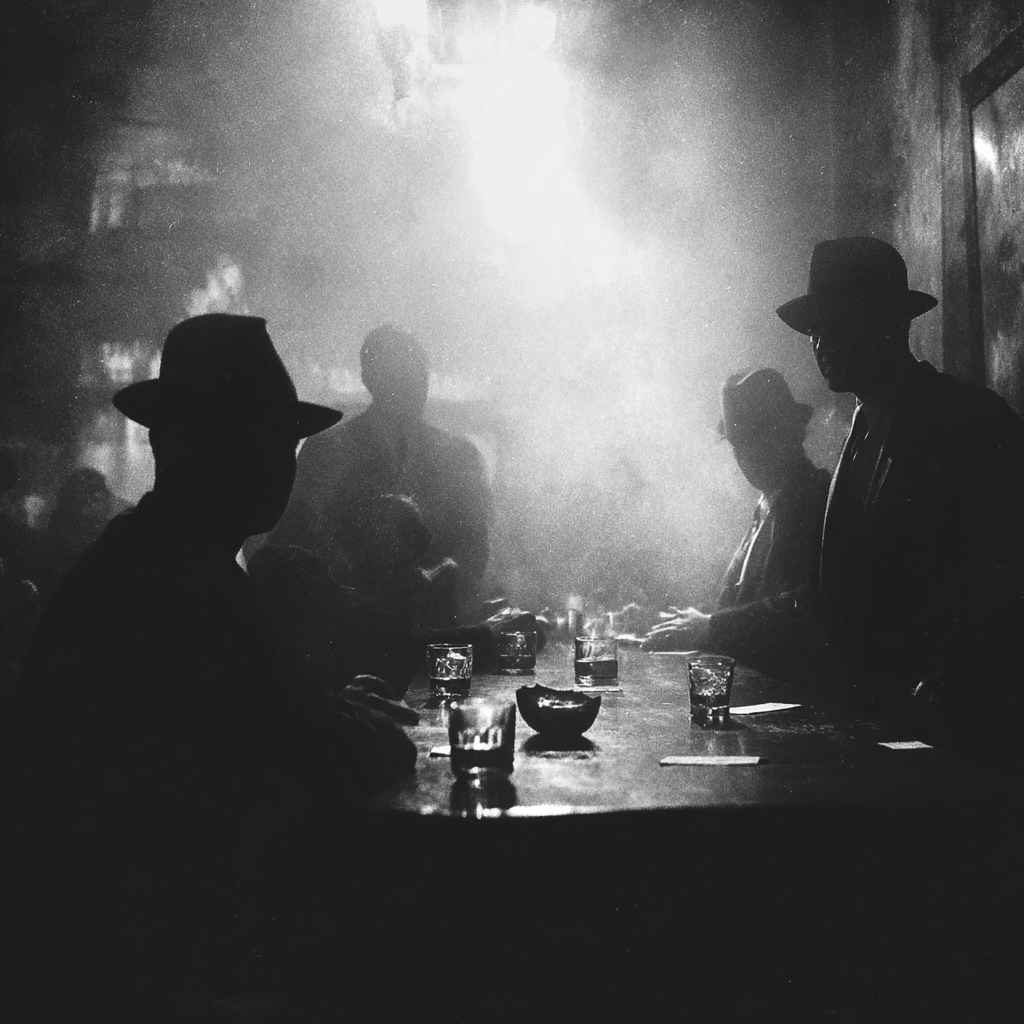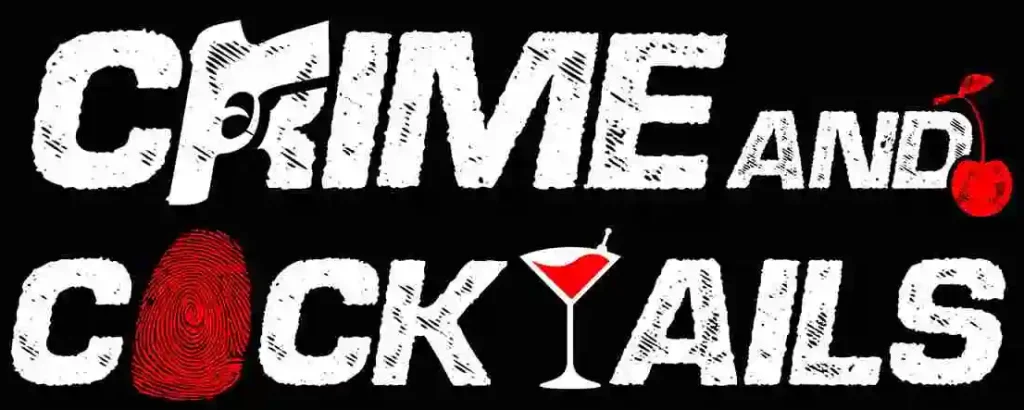In the dim corners of smoky diners, dive bars, and truck stops across mid-century America, cigarette vending machines stood like sentinels—gleaming chrome boxes promising a moment of indulgence for spare change. But behind the click of coins and the metallic thunk of a sliding cigarette pack was a far more sinister operation.
From the 1940s through the 1960s, the American Mafia infiltrated the cigarette machine industry with brutal efficiency. What seemed like a harmless convenience became a vehicle for extortion, money laundering, smuggling, and turf wars that stretched coast to coast. These machines didn’t just sell cigarettes—they became some of the quietest, most profitable fronts for organized crime in the country.
A Goldmine in Plain Sight
Cigarette vending machines were ideal rackets for one simple reason: they ran on cash. Untraceable, unrecorded, and easily skimmed, coins fed directly into the pockets of the underworld. Mobsters didn’t just see vending machines as business—they saw them as territory. And like any territory, it could be taken, taxed, and defended with violence.
The Mafia had already dipped its claws into jukeboxes and candy machines in cities like Cleveland and Detroit during the 1930s. By the 1940s, cigarette machines were the next logical step. They offered higher margins and broader appeal, and as smoking became more culturally ingrained, the machines multiplied—tucked into every restaurant, factory, bowling alley, and hotel lobby.
The government took notice. In the 1950s, the Kefauver Committee held televised hearings on organized crime. Witness after witness exposed how the mob used vending machines to launder dirty money, rig territory, and silence competitors. Cigarette machines, it turned out, weren’t just paying for smokes—they were paying for hits, bribes, and corruption on a massive scale.
Chicago: The Heart of the Smoke Racket
Nowhere was the racket more entrenched than in Chicago, where mobsters like Sam Giancana and Lenny Caifano built vending empires as part of the larger Chicago Outfit. These weren’t just local hustlers—they were national players, distributing machines across the Midwest and intimidating independent vendors into selling out or facing consequences.
Ralph Capone, Al Capone’s older brother, had his hands in the business too, using his influence to dominate machine routes throughout the city and its suburbs. He made the machines a family enterprise, enforcing territory through extortion and leveraging them as cash-rich operations to fund other rackets—from gambling to prostitution.
Ed Vogel, known as the “slot machine king,” also played a key role in consolidating mob control over coin-operated devices. By the 1950s, these machines were so deeply embedded in mob infrastructure that pulling them out meant inviting retribution.
The New England Connection
Further east, in Providence, Rhode Island, the Patriarca crime family operated under a thin veil of legitimacy. Their base of operations? A vending company called National Cigarette Service Company and Coin-O-Matic Distributors.
To the public, it was just another distributor. To the mob, it was “The Office”—the epicenter of New England’s underworld. Mob boss Raymond Patriarca used the company as a front, running rackets from its back office while controlling a vast vending empire that extended into Massachusetts and Connecticut. The machines provided not only income but also control. If you wanted one in your bar or store, you paid the mob. If you resisted, things got… complicated.
Seattle, Sin, and Skimming
On the West Coast, Seattle’s underworld was evolving. Frank Colacurcio, a businessman with a taste for shady dealings, began expanding into jukebox and cigarette vending in the 1950s. It was a brilliant move. In a relatively untapped region, Colacurcio built routes with mob efficiency, collecting cash and skimming off the top.
His vending machine businesses—ostensibly clean—became conduits for more lucrative crimes, including prostitution and illegal gambling. Cigarette machines were the front-facing mask, the respectable business card he flashed when the cops or taxmen came sniffing. But under the surface, Colacurcio was one of the most powerful—and quietly dangerous—figures in Seattle’s criminal history.
North of the Border: Canada’s Smoking Gun
Even outside the United States, the mob’s grip extended into the world of cigarette vending. In Hamilton, Ontario, Johnny “Pops” Papalia—Canada’s most feared mob boss—controlled the local industry through his company, Monarch Vending, later known as Galaxy Vending.
Papalia’s machines blanketed bars and clubs across the region, and his crews ensured that no competitor dared enter the territory. His operation didn’t stop at vending. He trafficked stolen cigarettes, hijacked delivery trucks, and used the business to launder cash from his narcotics and gambling empires. Hamilton’s blue-collar smoke breaks were unknowingly lining the pockets of Canada’s deadliest don.
The Great Cigarette Bootlegging Boom
If cigarette machines were the face of the racket, the hidden engine was bootlegging. As states began increasing taxes on tobacco, mobsters found a new angle—smuggling cigarettes from low-tax states like North Carolina to high-tax markets like New York.
It was a classic mob move: exploit a legal loophole, grease a few palms, and turn a truckload of smokes into hundreds of thousands in profit. Using forged tax stamps, fake invoices, and bribed inspectors, Mafia families created a pipeline of illegal tobacco that dwarfed legitimate supply chains. Law enforcement struggled to keep up.
One federal investigation revealed that the Genovese and Gambino families had turned cigarette smuggling into a multi-million-dollar enterprise—funding weapons, drugs, and bribery using proceeds from untaxed smokes. Trucks were hijacked, warehouses raided, and honest distributors forced out by intimidation or worse.
By the 1960s, bootlegging cigarettes had become as profitable as heroin—with far less heat.
When Bars Paid the Price
Behind all of this were everyday bar owners, restaurateurs, and shopkeepers who just wanted a machine in the corner. But when the mob came calling, it wasn’t an invitation—it was an offer you couldn’t refuse.
Some businesses were forced to pay up to $50,000 per month just for the right to host the machines. Refuse, and your windows were broken, your employees threatened, or your entire store torched. In Boston, the Winter Hill Gang even tried to muscle in on mob-controlled vending routes, sparking turf wars that escalated into deadly feuds.
These weren’t just machines—they were modern-day toll booths, shaking down communities and funneling cash into the black heart of America’s criminal underworld.
The End of the Line?
As the 1970s approached, the cigarette machine business began to fade. New regulations, health concerns, and federal crackdowns made the industry less lucrative—and far riskier. But for three decades, those chrome boxes weren’t just vending cigarettes. They were vending silence, power, and blood money. The next time you see a vintage cigarette machine in an antique shop or museum, remember: it once stood in the corner of a bar, humming softly, stuffed with quarters and secrets—and watched over by men in suits who didn’t like being told “no.”
